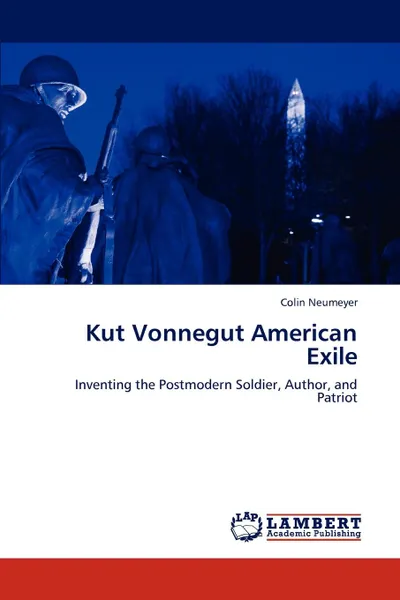Kut Vonnegut American Exile 12+
Автор: Colin Neumeyer
60 страниц
Категория: Энциклопедии, справочники
ISBN: 9783846507780
Язык: Английский
📖 Underlying all of the moral, social, and political issues in Kurt Vonnegut's narratives is the one human condition that exposes the lack of morality in human beings the most, war. For Vonnegut, everything is influenced by war and WWII is the defining moment for his generation, America, and the world. His portrait of post-WWII America is a cynical one due to his experiences and the war's lingering effects on everything he saw thereafter. The epoch of his literary career came in 1969 with the publication of Slaughterhouse-Five, his postmodern anti-war masterpiece, which centers on the firebombing of Dresden, Germany. The focus of this analysis of Vonnegut's work is on his development of the postmodern war narrative in his early literary career. The literary trail leading up to Slaughterhouse-Five is an interesting and important sequence in postmodern literature because it shows, among many things, how he had to adapt and go beyond the traditional confines of available literary conventions to render his vision of a post-war humanity.
Мнения
